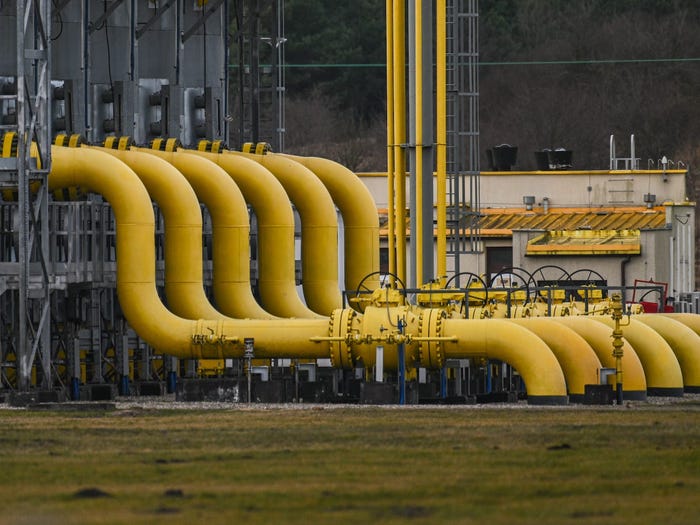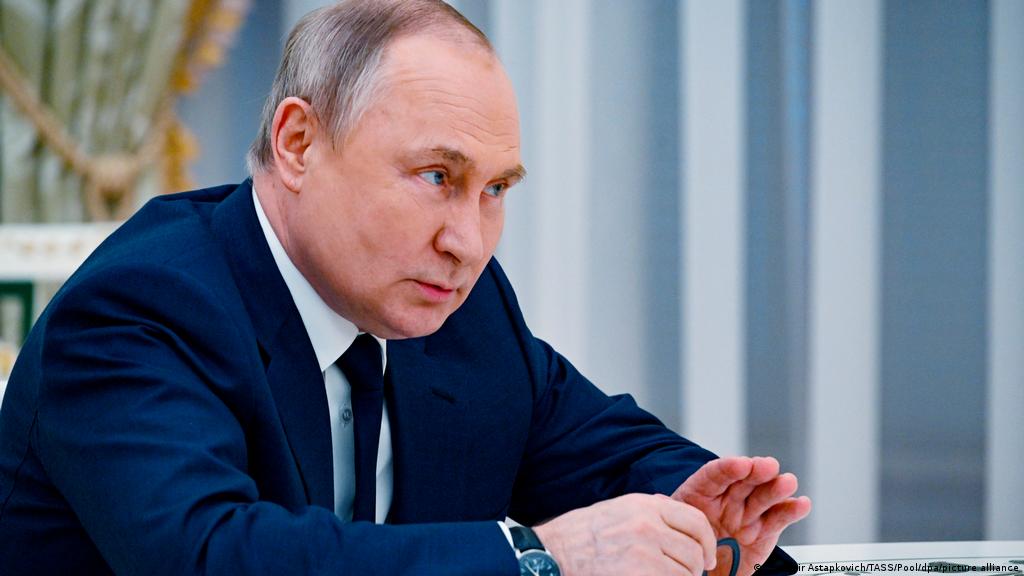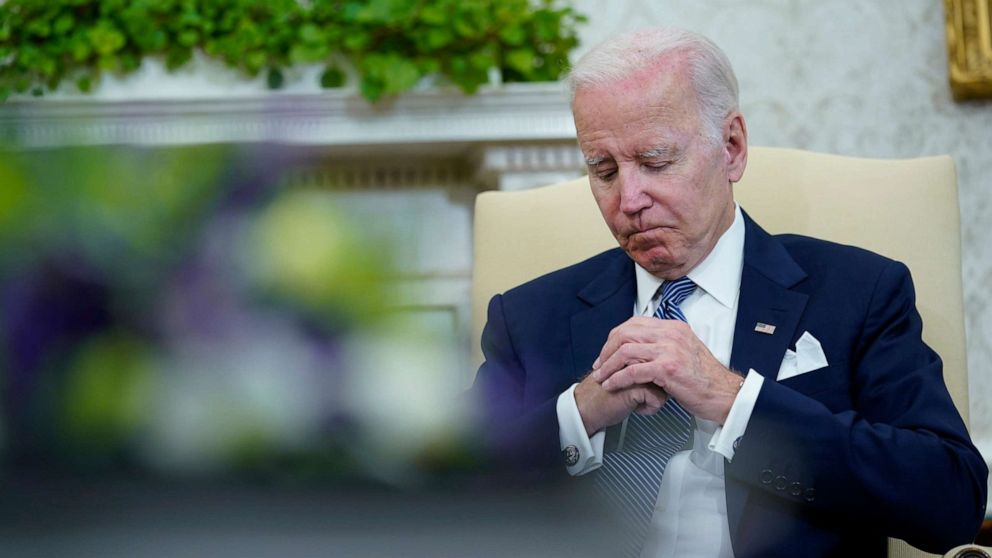While polishing the global world for other options for Russian natural gas to survive with a possible colder-than-usual winter, the EU is also considering new sanctions against Moscow, as EU external affairs ministers met on Monday to discuss banning gold purchases from Russia. 
Experts said the EU has registered that it has failed to squash Moscow even with the “maximum” number of sanctions. Thus more sanctions will only become less successful, and the conversation about sanctions was made as the EU faced enforcement from the Biden government and European countries like Lithuania.
Monday’s discussion was about the EU’s seventh meeting on fresh sanctions. EU foreign ministers were scheduled to meet to discuss new sanctions against Moscow on Monday. The alliance is taken into consideration banning gold purchases from Moscow, while more Russian leaders could also be put down on the EU blocklist.
The EU’s new move was allowed upon at a G7 summit last month by EU members France, Germany and Italy with their coequals from the US, Canada, Japan and the UK. However, many onlookers consider the new sanctions will be symbolic.
Many European countries have been concerned that Moscow could decline or even permanently cut off gas pools to Europe, as they have not calculated a possible plan for the upcoming brutal winter. European Commission President Ursula von der Leyen planned to visit Baku on Monday to seek more natural gas from Azerbaijan.
Klaus Müller, president of the Federal Network Agency, Germany’s fuel controller, said that Germany does not presently have sufficient gas stored up to get via the coming winter without Russian pools and added that a lot depends on whether the Nord Stream 1 pipeline starts pumping again after supervision work is completed this week.
While the EU is in the hold of a gas need and economic downturn, the block is also becoming incompetent in fulfilling its promises of help to Ukraine. On Friday that EU foreign ministers were set to decide on 500 million euros more in military aid to Ukraine on Monday. 
However, the announcement said that the EU had delayed its aid to Ukraine due to its economic distress, as the EU has so far only managed to decide on an initial tranche that covers one-ninth of the mark it vowed to provide Ukraine in May. As for how long the EU will restart its sanctions against Russia.
In the Ukraine crisis, both China and the EU do not want the confusion of war and want an armistice as soon as possible. The two flanks also hold common ground on humanitarian aid, spectators said. Although NATO, which then we exploit, expressed alarm over China on supply chains last month, the EU and NATO have a lot of different views on supply chain layout, the expert said.
Economic, cultural and social relations are the EU’s core as objected to military characteristics, and the enhanced economic relations between China and the EU mean that the two sides’ industrial chain can only be reinforced. Still, not diluted or decoupled, the expert said.

